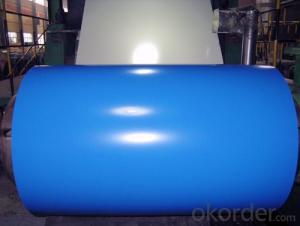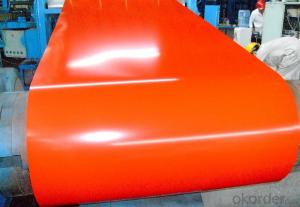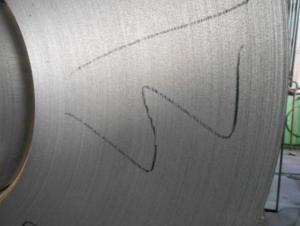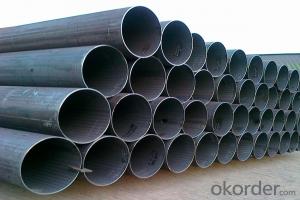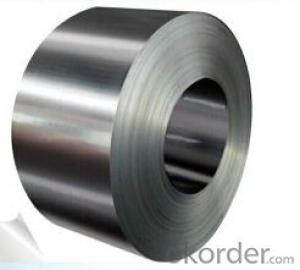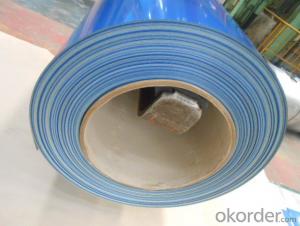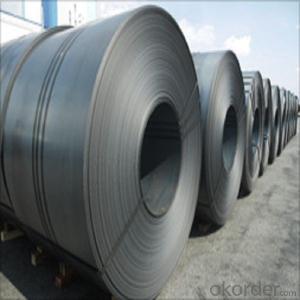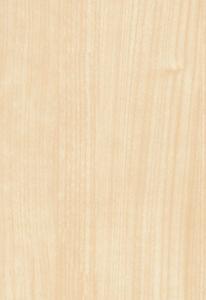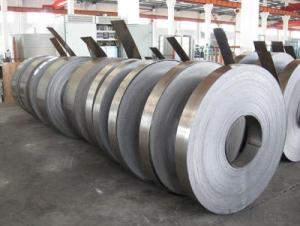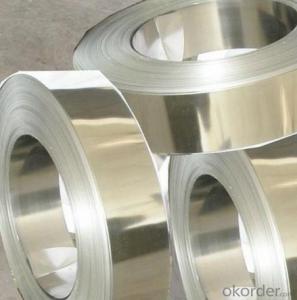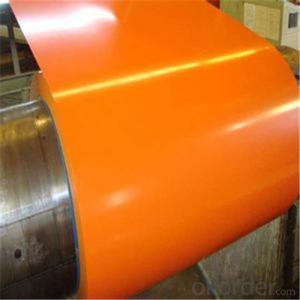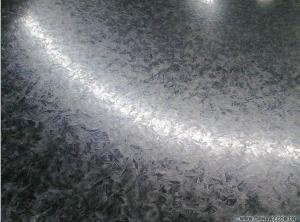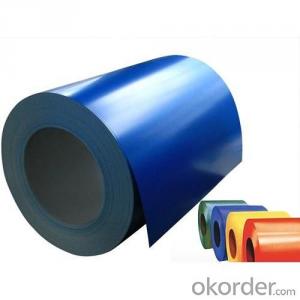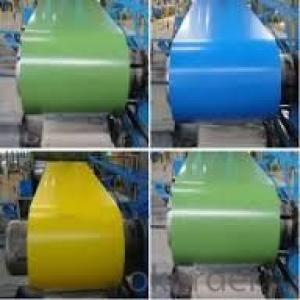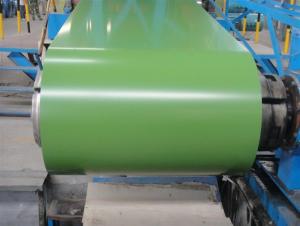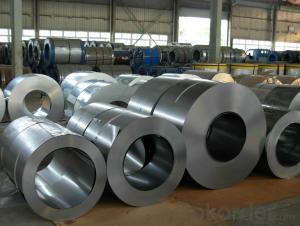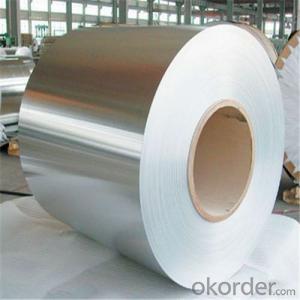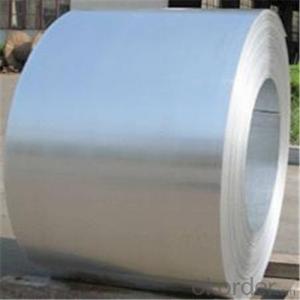All Categories
- - Steel Wire Rod
- - Steel Coils
- - Steel Profiles
- - Steel Pipes
- - Stainless Steel
- - Tinplate
- - Special Steel
- - Steel Sheets
- - Steel Rebars
- - Steel Strips
- - Hot Rolled Steel
- - Cold Rolled Steel
- - Pre-painted Steel
- - Seamless Steel Pipe
- - Welded Steel Pipe
- - Hollow Steel Tubes
- - Galvanized Pipe
- - Stainless Steel Coil
- - Stainless Steel Sheet
- - Stainless Steel Plate
- - Stainless Steel Strips
- - Electrolytic Tinplate Coil
- - Electrolytic Tinplate Sheet
- - Stainless Steel Rebars
- - Solar Panels
- - Solar Water Heater
- - Solar Related Products
- - Solar Inverter
- - Solar Cells
- - Solar Light
- - Solar Energy Systems
- - Solar Controllers
- - Solar Mounting System
- - Solar Pump
- - Solar Chargers
- - Fiberglass Chopped Strand
- - Fiberglass Mesh Cloth
- - Composite Pipes
- - FRP Pultrusion Profiles
- - Fiberglass Mat Tissue
- - Fiberglass Fabrics
- - Fiberglass Mesh
- - Composite Tank
- - Fiberglass Mesh tape
- - Polymer
- - FRP Roofing Panel
- - Fiberglass Roving
- - Monolithic Refractories
- - Ceramic Fiber Products
- - Refractory Bricks
- - Raw Materials For Refractory
- - Suspended Platform
- - Cranes
- - Concrete Machinery
- - Earthmoving Machinery
- - Building Hoist
- - Road Building Machinery
- - Plastic Pipe Fittings
- - Plastic Tubes
- - Plastic Sheets
- - Agricultural Plastic Products
- - Plastic Nets
 All Categories
All Categories
Q & A
What are the challenges in producing advanced high-strength steel (AHSS) coils for aerospace and aviation applications?
Producing advanced high-strength steel (AHSS) coils for aerospace and aviation applications presents several challenges. Firstly, achieving the desired strength and ductility properties required for these applications is complex and often requires precise control of the alloying elements and microstructure. Additionally, ensuring the uniformity and consistency of the mechanical properties across the entire coil is crucial, as any variations can compromise the structural integrity of the components. Furthermore, maintaining the dimensional stability during the manufacturing process is vital as any deviation in thickness or flatness can affect the performance and fit of the final products. Lastly, meeting the stringent quality and safety standards set by the aviation industry, along with the need for rigorous testing and certification, adds another layer of complexity to the production process.
What are the benefits of using pre-painted steel coils in construction projects?
Using pre-painted steel coils in construction projects offers several benefits. Firstly, it saves time and labor costs as the coils come already coated with a durable and aesthetically pleasing finish. This eliminates the need for on-site painting, priming, or additional coatings, streamlining the construction process. Additionally, pre-painted steel coils provide excellent corrosion resistance, ensuring the longevity and durability of the structure. The wide range of color options available allows for greater design flexibility and customization, enhancing the overall visual appeal of the project. Furthermore, these coils are eco-friendly as they reduce the waste generated from on-site painting and minimize the release of harmful VOCs (volatile organic compounds). Hence, the use of pre-painted steel coils improves efficiency, durability, aesthetics, and environmental sustainability in construction projects.
What is the role of hardness testing in quality control?
The role of hardness testing in quality control is to evaluate the material's resistance to indentation or permanent deformation. It helps determine the material's strength, durability, and suitability for its intended application. By measuring hardness, manufacturers can ensure that their products meet the required standards and specifications, thus ensuring the overall quality and reliability of the end product.
Wholesale Steel Coils from supplier in Tunisia
Our team is ready to answer any questions you may have and provide you with a personalized solution. Contact us today to discuss your Steel Coil requirements in Tunisia.
